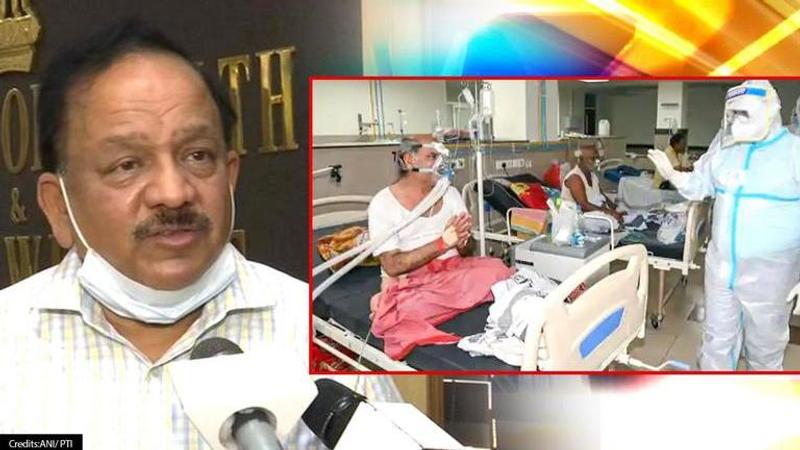Published 12:14 IST, June 7th 2021
Centre revises COVID-19 treatment guidelines cutting down on drugs; earns praise from WHO
As India's cities begin unlocking again after a COVID peak, Centre's Directorate General of Health Services (DGHS) issued revised COVID-19 treatment guidelines

IMAGE: ANI/PTI | Image:
self
Advertisement
Loading...
12:14 IST, June 7th 2021




